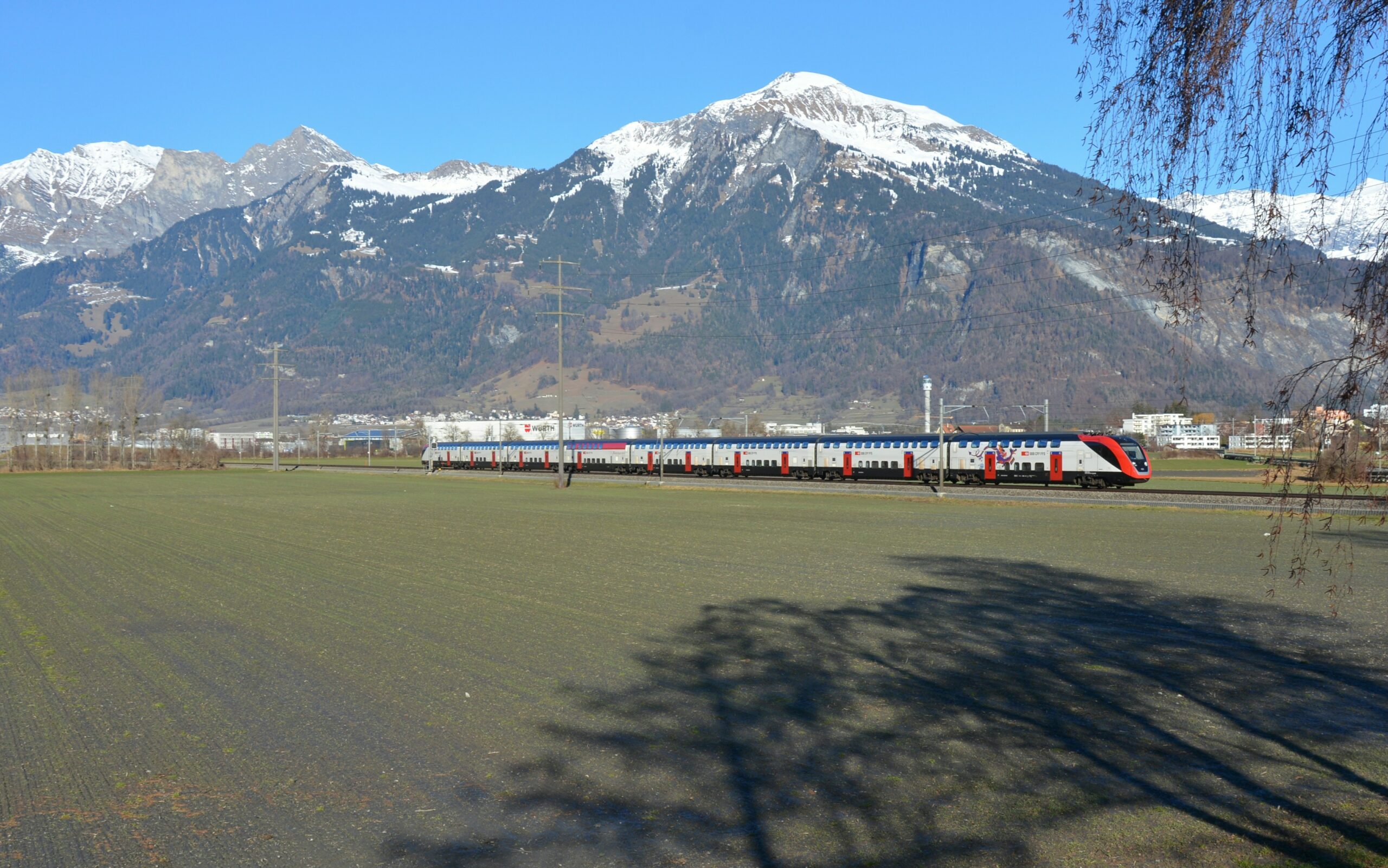In a world steeped in a climate crisis, it is more important than ever to be conscious of our environmental impact. And in the world of large sporting events, where emissions can be huge and the pressure to lead the way in environmental sustainability is high, this is especially true. The Union of European Football Associations (UEFA) claims to be committed to environmental sustainability, with them spending €12.1m in sustainability initiatives during the 2023-2024 season. In that time, UEFA reduced its carbon emissions by 15,000 tonnes. Through their ESG strategy, UEFA aims to be fully sustainable for the 2025 Women’s European Championship. Here are four ways the Women’s Euros aims to be sustainable.
Reducing Travel Emissions
Being the largest source of carbon emissions, it is important to cut transport emissions as much as possible. With fans coming in from all over the globe, using an assortment of cars, planes and trains, the carbon footprint will no doubt be high. UEFA clearly recognises this and that’s why they are providing free public transport for ticket holders. This and reducing available parking spaces at stadiums aims to get more people on buses and trains, slashing carbon emissions from private vehicles. But it’s not just on the spectators’ side that UEFA have plans to reduce travel emissions. Teams are now required to travel to each venue using trains and coaches throught the rugged Swiss landccape. Not only will the teams be able to take in the beauty of their host country, but they will be doing so at a reduced cost to the environment!
Reduce, Reuse, Recycle, Recover
The biggest cost-effective way of limiting your environmental impact is through the 4Rs: reduce, reuse, recycle and recover. UEFA has vowed to follow these 4Rs to a tee, pledging to reduce each venue’s electricity and water consumption, through using their state-of-the-art. Environmentally friendly generators, and using grey water when possible (this means clean wastewater). On top of this, recycling will be heavily pushed in the stadiums, with guests not being able to walk anywhere without being near a recycling station. And all products will be sure to come packaging-free and only reusable and bio-degradable will be used.
Working Together
It’s necessary to expand these environmental initiatives outside the realm of football and that is why UEFA is encouraging better practices in its host cities. From using more public transport to increasing dependence on renewables, the Women’s Euros are making a climate hub out of Switzerland! For example, Swiss Federal Railways plan on by introducing 400 extra trains to the rail network to reduce reliance on private transport. UEFA are also working with local businesses by sourcing all of their food needs with local catering companies. This not only reduces the needless carbon emissions from transporting food globally, it also supports and strengthens the local community.
 Ticket holders are entitled to free public transport in host cities.
Ticket holders are entitled to free public transport in host cities.
Reaching out to the Fans
UEFA have been promoting environmentalism amongst its fans, both in venues and online. Fans have been encouraged to be conscious of their carbon footprint, encouraged to recycle and reuse and to spread the word of environmentalism. In doing this, they teach fans the importance of a circular economy in reducing waste and harm to the environment. UEFA are also platforming their sponsors environmental efforts, such as Lidl and its “never stop growing” campaign. By promoting these environmentally conscious brands to their fans, UEFA are guiding their fans towards a more environmentally friendly path.
Protectors of the Environment
Since it was announced, the Women’s Euros were always intended to pioneer environmental sustainability in the sporting industry. Through its emphasis on public transport and low emissions, the tournament has definitely left its mark on fans and the industry as a milestone for environmental awareness. With this year’s Women’s Euros, UEFA have proven themselves as the spearhead of the future of sustainable sporting.
